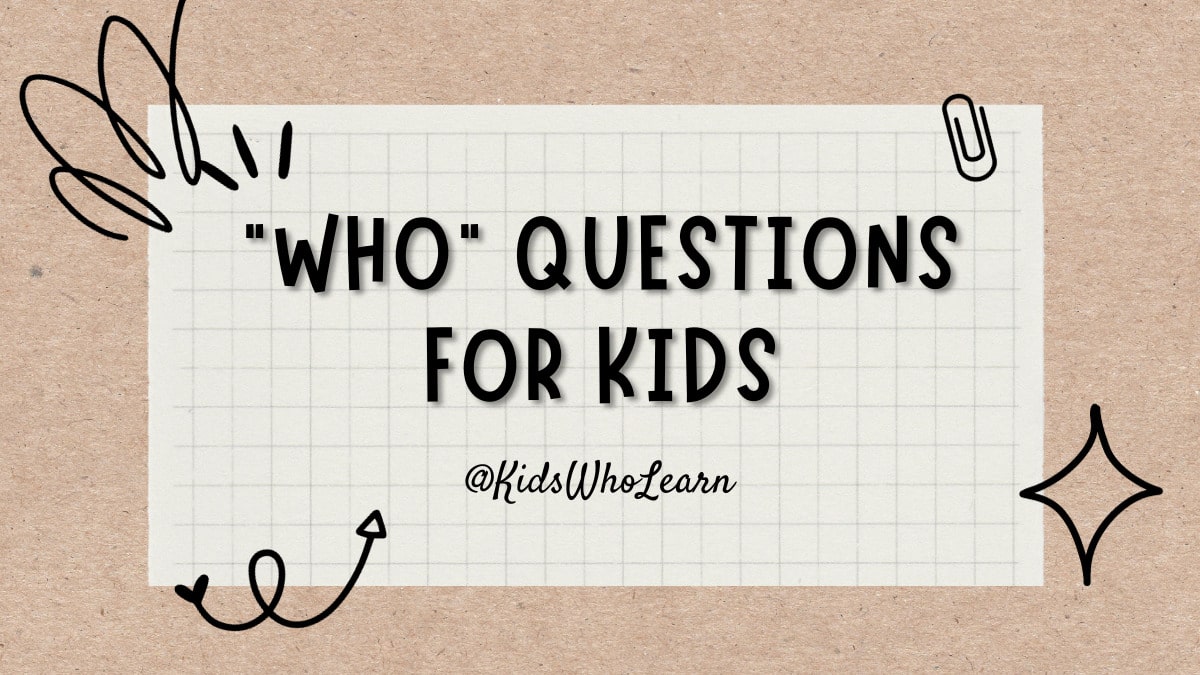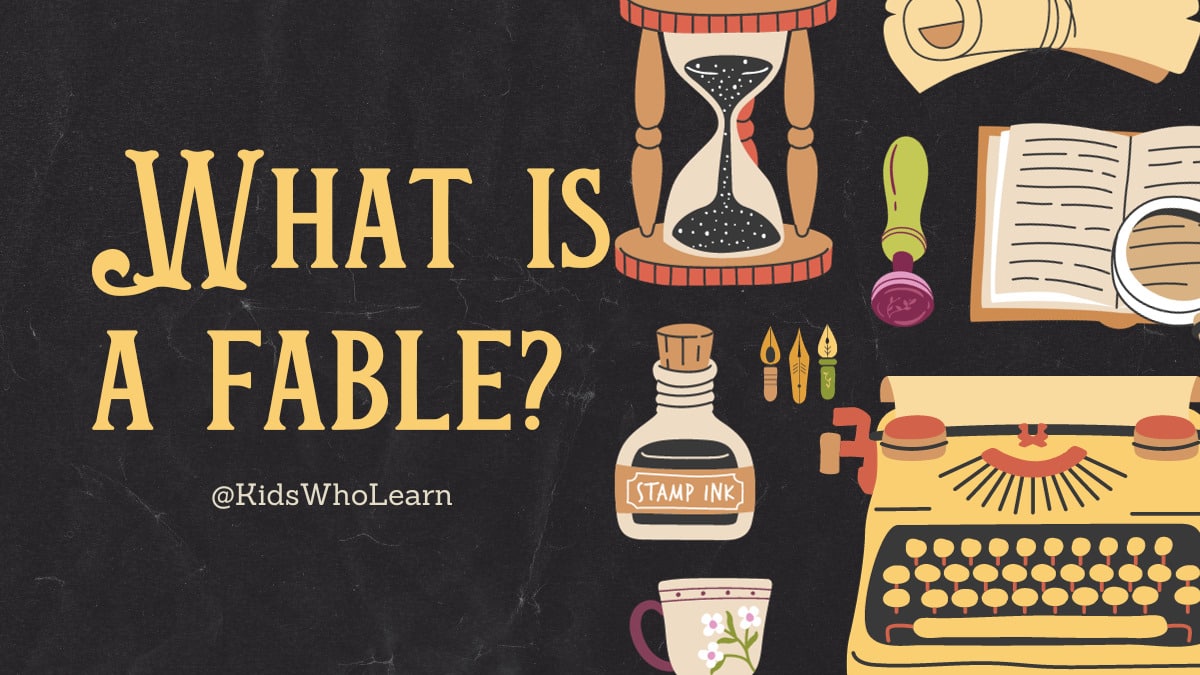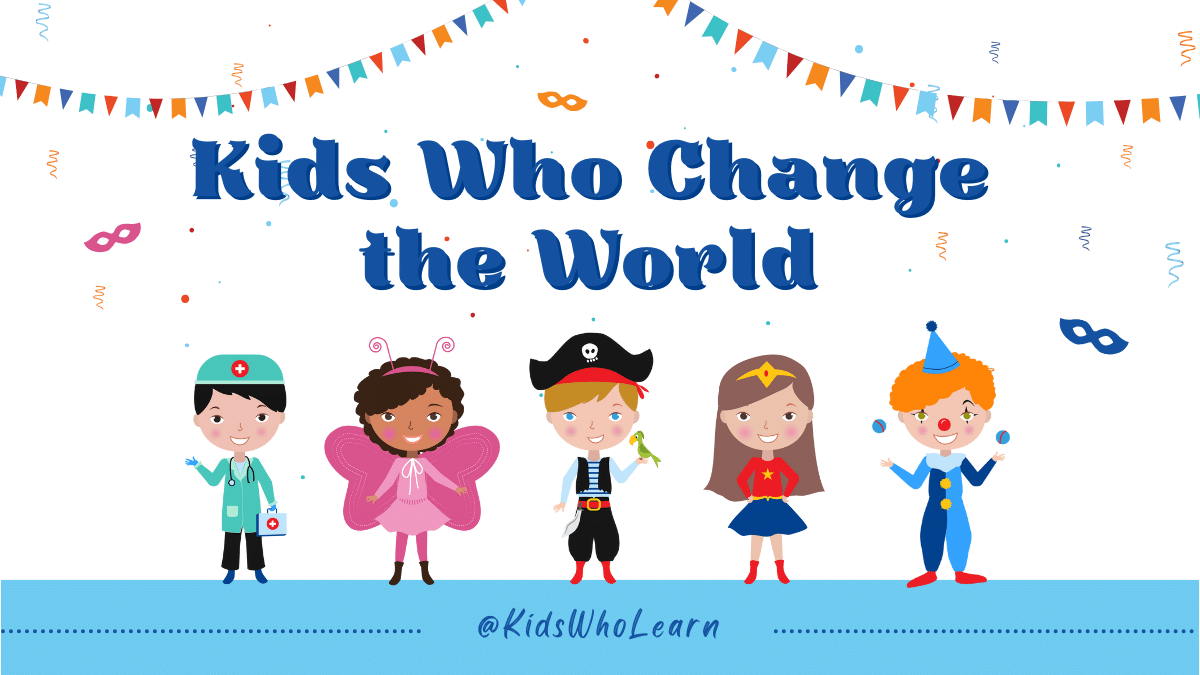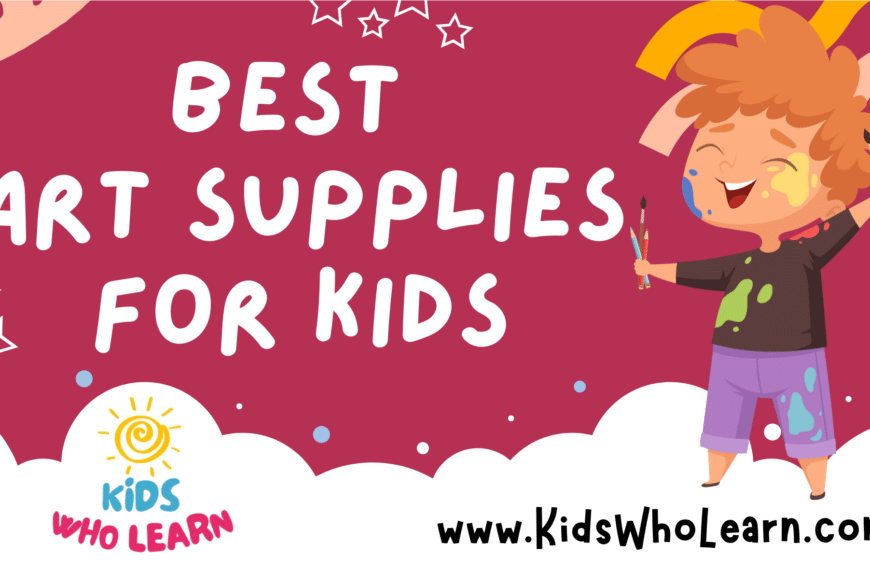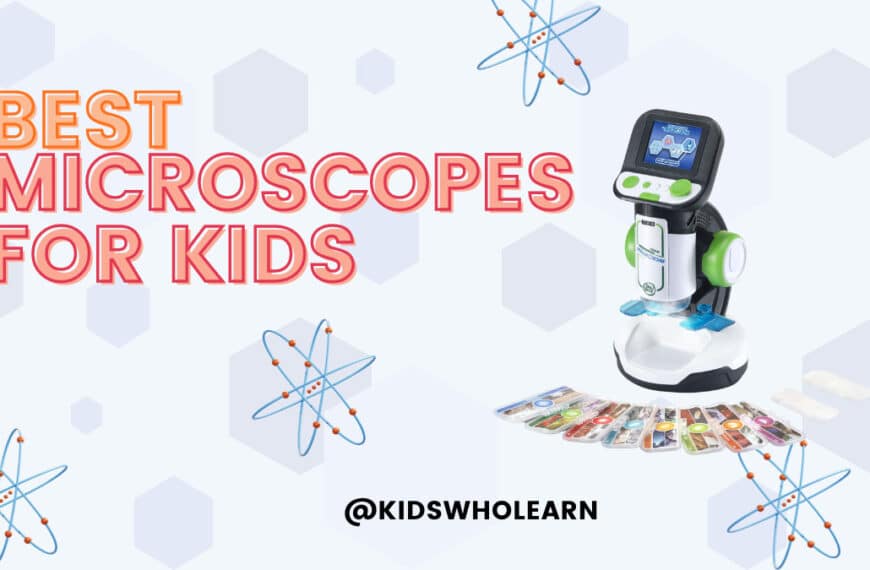Asking questions is a natural part of a child’s development. Questions help children to learn, explore, and understand the world around them. Who questions are particularly important for kids as they encourage children to think about people and their relationships with others. In this article, we will explore the importance of who questions for kids and provide tips for parents and educators on how to encourage children to ask more who questions.
Understanding who questions is crucial for parents and educators who want to help children develop their critical thinking, communication, and social skills. Who questions are questions that focus on people, their roles, and their relationships with others. Examples of who questions include “Who is your best friend?” and “Who is the president of the United States?” By asking who questions, children learn about themselves and others, and they begin to understand the complex social structures that make up our world.
Importance of Who Questions for Kids
Who questions are important for kids for several reasons. Firstly, who questions encourage curiosity. When children ask who questions, they are seeking information and trying to understand the world around them. Secondly, who questions boost critical thinking. By asking who questions, children learn to analyze information, make connections, and draw conclusions. Finally, who questions enhance communication skills. When children ask who questions, they learn to express themselves clearly and to listen attentively to others.
Key Takeaways
- Who questions are questions that focus on people, their roles, and their relationships with others.
- Who questions encourage curiosity, boost critical thinking, and enhance communication skills.
- Parents and educators can encourage children to ask more who questions by modeling good questioning behavior, providing opportunities for exploration and discovery, and creating a safe and supportive environment for learning.
Understanding Who Questions
Who questions are questions that ask for a person’s identity or name. These types of questions are commonly used in conversations, interviews, and surveys. Understanding who questions is important for kids as it helps them to communicate effectively and understand the world around them.
When answering who questions, it is important to provide a clear and concise answer. For example, if someone asks you “Who is your teacher?”, you can answer by saying “My teacher’s name is Ms. Johnson”. It is also important to use proper names or titles when answering who questions. For example, if someone asks you “Who is the president of the United States?”, you should answer by saying “The current president of the United States is Joe Biden”.
Who questions can be used to gather information about a person’s identity or role. For example, if someone asks you “Who is your favorite superhero?”, you can answer by giving the name of your favorite superhero. Who questions can also be used to clarify information. For example, if someone says “I saw John at the store”, you can ask “Who is John?” to clarify who they are referring to.
In summary, understanding who questions is important for effective communication and understanding the world around us. When answering who questions, it is important to provide clear and concise answers using proper names or titles. Who questions can be used to gather information and clarify information.
Importance of Who Questions for Kids
Asking “who” questions is an essential part of a child’s development. It helps them understand the world around them and learn how to interact with others. Here are some reasons why who questions are important for kids:
1. Develops Social Skills
Asking “who” questions helps children understand the social world and the people around them. It helps them learn how to interact with others and form relationships. For example, asking “who is your friend?” helps children identify their friends and learn how to interact with them.
2. Enhances Vocabulary
Asking “who” questions helps children expand their vocabulary and learn new words. It helps them learn the names of people and objects in their environment. For example, asking “who is the president?” helps children learn the word “president” and understand its meaning.
3. Improves Critical Thinking
Asking “who” questions helps children develop critical thinking skills. It helps them analyze information and make connections between different pieces of information. For example, asking “who wrote this book?” helps children think about the author and the context of the book.
4. Encourages Curiosity
Asking “who” questions encourages children to be curious about the world around them. It helps them explore new ideas and learn about different people and cultures. For example, asking “who invented the telephone?” encourages children to learn about the history of technology.
Overall, asking “who” questions is an important part of a child’s development. It helps them develop social skills, enhance their vocabulary, improve critical thinking, and encourage curiosity.
Who Questions to Encourage Curiosity
Asking “who” questions can help children develop their curiosity and expand their knowledge about the world around them. Here are some examples of “who” questions that you can ask your child:
Questions About Nature
- Who takes care of baby animals in the wild?
- Who discovered the first dinosaur fossils?
- Who is responsible for protecting endangered species?
- Who studies the behavior of animals in their natural habitats?
Questions About People
- Who was the first person to walk on the moon?
- Who invented the telephone?
- Who is the President of the United States?
- Who are some famous artists, musicians, or writers?
Questions About Places
- Who built the pyramids in Egypt?
- Who designed the Eiffel Tower?
- Who founded the city of Rome?
- Who discovered the Grand Canyon?
Asking “who” questions can help children become more curious and interested in the world around them. Encourage your child to ask “who” questions of their own and explore the answers together.
Who Questions to Boost Critical Thinking
Asking who questions is an excellent way to encourage critical thinking in kids. Who questions can help children develop their reasoning skills, build their knowledge of history and current events, and improve their ability to analyze everyday situations. Here are some examples of who questions that you can ask your child to boost their critical thinking skills.
Questions About Historical Events
Asking your child who questions about historical events can help them understand the causes and consequences of important events. Here are some examples of who questions that you can ask your child about historical events:
- Who was the first president of the United States?
- Who was the leader of the Civil Rights Movement?
- Who was the first person to walk on the moon?
- Who was the founder of Microsoft?
Questions About Everyday Situations
Asking your child who questions about everyday situations can help them develop their problem-solving skills. Here are some examples of who questions that you can ask your child about everyday situations:
- Who can you ask for help when you are lost?
- Who is responsible for cleaning up after a party?
- Who can you talk to if you are being bullied?
- Who can you call if there is an emergency?
By asking your child who questions, you can help them develop their critical thinking skills and become more confident problem-solvers. Encourage your child to ask their own who questions, and help them find the answers by doing research or asking experts. With practice, your child will become a skilled critical thinker who is able to analyze complex situations and make informed decisions.
Who Questions to Enhance Communication Skills
Asking “who” questions is a great way to improve communication skills with kids. It can help them develop their language skills, learn more about themselves and others, and improve their social and emotional intelligence. Here are some examples of “who” questions that you can use to enhance communication skills with kids:
Questions About Feelings
Asking kids about their feelings is a great way to help them develop emotional intelligence and learn how to express themselves. Here are some “who” questions that you can use to get them talking about their feelings:
- Who makes you feel happy?
- Who makes you feel sad?
- Who makes you feel angry?
- Who makes you feel loved?
- Who makes you feel scared?
- Who makes you feel proud?
Encourage kids to elaborate on their answers and share specific examples of how those people make them feel.
Questions About Interests
Asking kids about their interests is a great way to help them develop their communication skills and learn more about themselves and others. Here are some “who” questions that you can use to get them talking about their interests:
- Who is your favorite superhero?
- Who is your favorite musician?
- Who is your favorite athlete?
- Who is your favorite author?
- Who is your favorite teacher?
- Who is your best friend?
Encourage kids to share why they like those people or things and what they find interesting about them.
In conclusion, asking “who” questions is a simple yet effective way to enhance communication skills with kids. By asking questions about their feelings and interests, you can help them develop their language skills, emotional intelligence, and social skills.
Tips for Parents and Educators
As a parent or educator, you play a crucial role in helping kids develop their questioning skills. Here are a few tips to help you guide them:
Encourage Curiosity
Encourage kids to ask questions by creating a safe and supportive environment where they feel comfortable asking anything. Show interest in their questions and take the time to answer them. You can also model curiosity by asking questions yourself.
Teach Questioning Techniques
Teach kids how to ask open-ended questions that require more than a yes or no answer. Encourage them to use question words like who, what, when, where, why, and how. Teach them to rephrase questions if they don’t get the answer they’re looking for.
Use Real-World Examples
Use real-world examples to help kids understand the importance of questioning. For example, you can ask them to come up with questions about a news article or a scientific discovery. You can also encourage them to ask questions when they don’t understand something.
Provide Feedback
Provide feedback on kids’ questioning skills to help them improve. Praise them for asking good questions and offer guidance when they need it. Encourage them to reflect on their questioning skills and set goals for improvement.
Foster a Growth Mindset
Encourage a growth mindset by emphasizing that questioning is a skill that can be developed with practice. Help kids understand that making mistakes is part of the learning process and that they can learn from their mistakes. Encourage them to keep asking questions and exploring new ideas.
Conclusion
In conclusion, asking “who” questions is an important part of developing critical thinking skills for kids. By asking these types of questions, children can learn to analyze situations, identify key players, and understand cause and effect relationships.
Asking “who” questions can also help kids develop empathy and understanding towards others. By considering the perspectives and motivations of different individuals, children can learn to appreciate diversity and build stronger relationships with those around them.
To help encourage your child to ask “who” questions, try incorporating them into everyday conversations. For example, when reading a book together, ask your child who the main character is and what motivates them. Or, when discussing a news article, ask your child who the article is about and what impact it may have on different individuals.
Remember to be patient and encourage your child to think critically and ask questions. By doing so, you can help them develop important skills that will benefit them throughout their lives.
Frequently Asked Questions
Who is your favorite superhero?
This is a personal preference and varies from person to person. Some people like Superman, Batman, Spiderman, or Wonder Woman. Who is your favorite superhero?
Who is the president of the United States?
As of the current date, the president of the United States is Joe Biden. However, this can change in the future as elections are held every four years.
Who invented the telephone?
The telephone was invented by Alexander Graham Bell in 1876. He is credited with inventing the first practical telephone.
Who wrote the Harry Potter series?
The Harry Potter series was written by J.K. Rowling. She is a British author who has won numerous awards for her work.
Who discovered America?
Christopher Columbus is often credited with discovering America in 1492. However, America was already inhabited by Native Americans long before Columbus arrived.
Who is the main character in The Lion King?
The main character in The Lion King is Simba. He is a young lion who is destined to become the king of the Pride Lands.

